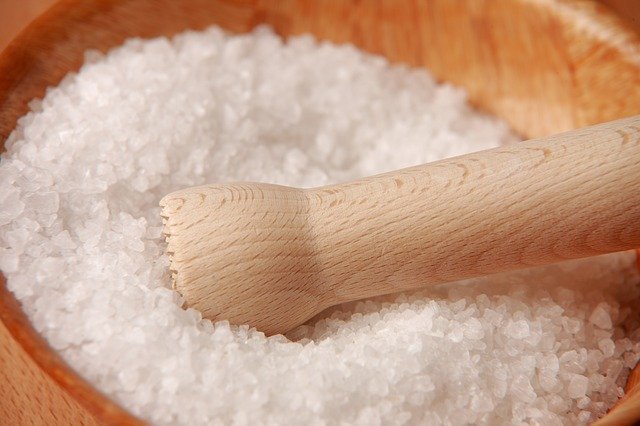The U.S. Food and Drug Administration (FDA) is intensifying its efforts to reduce sodium levels in packaged and processed foods. This initiative is part of a broader campaign to combat the rising prevalence of diet-related chronic diseases, including heart disease and stroke.
New Sodium Reduction Goals
The FDA recently announced its ambitious goal to decrease sodium in packaged foods by 20% over the next three years. This follows earlier guidelines from October 2021 that sought to lower sodium levels across various food categories, from snacks like potato chips to complete meals like hamburgers. High sodium intake is widely recognized for its role in raising blood pressure, a leading risk factor for heart disease and stroke.
Impact on Food Manufacturers
The FDA is urging major food companies such as PepsiCo, Kraft Heinz, and Campbell Soup to voluntarily reduce the sodium content in their products. As of now, these companies have not commented on the FDA’s request. Fast-food giants like McDonald’s, Burger King, and Taco Bell could also be significantly affected by these new guidelines.
Progress and Challenges
The FDA’s ultimate goal is to reduce the average daily sodium intake to 2,750 milligrams—20% lower than levels prior to 2021. While this is still above the recommended daily limit of 2,300 milligrams, it represents a meaningful stride toward improving public health. According to the FDA, 40% of food categories have already met or are close to meeting the initial goal of reducing sodium by about 12%.
Jim Jones, FDA Deputy Commissioner for Human Foods, stressed the importance of this initiative, stating, “Reducing sodium in the food supply has the potential to be one of the most important public health initiatives in a generation.” The FDA’s ongoing efforts aim to make food healthier and reduce the risk of serious health conditions.
The Impact of High Salt Intake in India
In India, the situation is similarly concerning. High salt intake is a significant contributor to the rising rates of hypertension and cardiovascular diseases in the country. According to a study by the Indian Council of Medical Research (ICMR), the average salt intake among Indians is around 10.98 grams per day, which is more than double the WHO-recommended limit of 5 grams per day. This excessive consumption is linked to a substantial increase in hypertension, with nearly 30% of adults in urban areas and 25% in rural areas suffering from high blood pressure.
Expert Insights on Sodium and Health
Dr. S.A. Rehman, General Medicine Expert at Noida International Institute of Medical Sciences (NIIMS) College & Hospital, explains, “High levels of sodium in the diet can have detrimental effects on overall health, particularly when consumed in excess. Here’s how sodium can harm your health:
– Blood Pressure: Excessive sodium intake can lead to high blood pressure (hypertension), increasing the risk of heart disease, stroke, and kidney damage.
– Fluid Retention: Sodium can cause the body to retain excess fluid, leading to bloating, swelling, and strain on the heart and blood vessels.
– Kidney Function: High sodium levels can put stress on the kidneys, affecting their ability to regulate fluid balance and excrete waste products efficiently.
– Bone Health: Excessive sodium intake may contribute to calcium loss from bones, potentially weakening bone density over time.
Reducing sodium intake is crucial for maintaining optimal health and preventing the negative consequences associated with high sodium levels.”
Dr. Rehman further adds, “Lowering sodium levels in processed foods can offer several health benefits, both in the short term and long term:
– Blood Pressure Management: Reduced sodium intake can help lower blood pressure, reducing the risk of cardiovascular diseases like heart attacks and strokes.
– Kidney Health: Lower sodium consumption can ease the burden on the kidneys, promoting better kidney function and reducing the risk of kidney-related issues.
– Fluid Balance: Decreasing sodium levels can help maintain a healthy fluid balance in the body, reducing bloating and swelling.
– Bone Density: Lowering sodium intake, may have a positive impact on bone health, preserving calcium levels and supporting bone density.
– Overall Well-Being: Lower sodium levels in processed foods can contribute to improved overall health, increased energy levels, and a reduced risk of chronic diseases associated with high sodium intake.
By implementing restrictions on sodium levels in processed foods, individuals can make more informed dietary choices, reduce their sodium intake, and improve their overall health outcomes. “
By addressing sodium levels in processed foods, both in the U.S. and India, public health initiatives can significantly impact global health, helping to prevent chronic diseases and improve the quality of life for millions of people.







